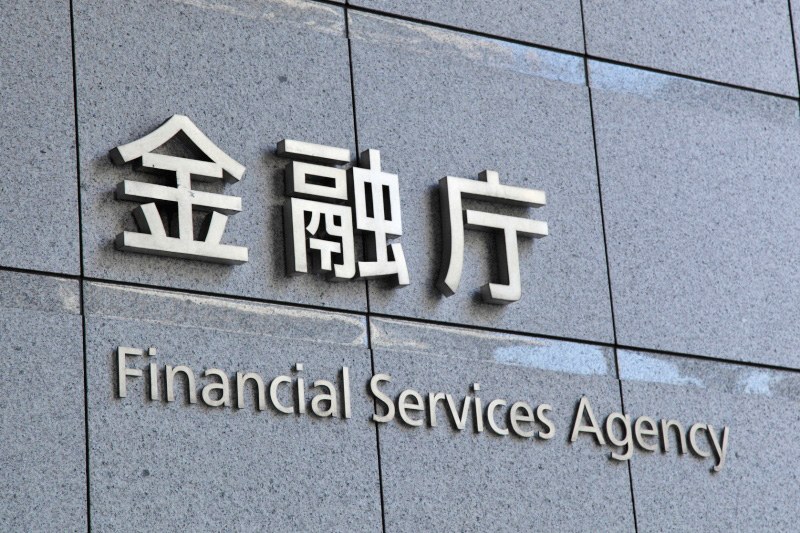
The Japanese Financial Services Agency has increased its anti-money-laundering (AML) efforts, taking a particularly tough stance on cryptocurrency exchanges, according to local news source Nikkei.
The new AML policy will reportedly undergo an intergovernmental inspection this fall; money laundering on crypto exchanges is also expected to be discussed at this summer’s G20 meeting.
“Japan does not want to fall behind other countries in implementing policies,” said the Nikkei report.
Crypto Exchanges Have Been Under Special Scrutiny Since 2018
The latest round of AML measures adopted by the Japanese government was inspired in 2018 when authorities from Japan’s Financial Services Agency (FSA) and other government bodies began conducted on-site inspections of cryptocurrency exchanges.
In at least one of these exchanges, FSHO, the authorities found what seemed to be multiple transactions of a suspicious nature–the same individual had converted large amounts of crypto into cash, a move that could indicate money laundering.
This led to the first rejection of an application to become an officially registered cryptocurrency exchange. FSHO was forced to shut down its operations.
In the time since then, the FSA has taken a particularly sharp aim at cryptocurrency exchange’s that do not conduct adequate AML and know-your-customer (KYC) checks. Crypto exchanges that offer anonymous transactions have also come under fire by the agency.
AML Measures Are Intended to Prevent Countries from Evading Sanctions
Money-laundering through crypto will be discussed at G20 due to the association that the activity has with terrorists and with countries like North Korea.
In March, experts told the UN Security Council that the North Korean regime had successfully used cyber attacks to steal cryptocurrency at least five times, acquiring roughly $571 million.
The experts explained that cyber attacks involving cryptocurrencies provide the Democratic People’s Republic of Korea with more ways to evade sanctions given that they are harder to trace, can be laundered many times and are independent of government regulation.
Indeed, cryptocurrencies as a method of avoiding sanctions have been the subject of much concern from the international community. Russia, Iran, Venezuela, and other countries have been condemned for attempting to use crypto as such.

